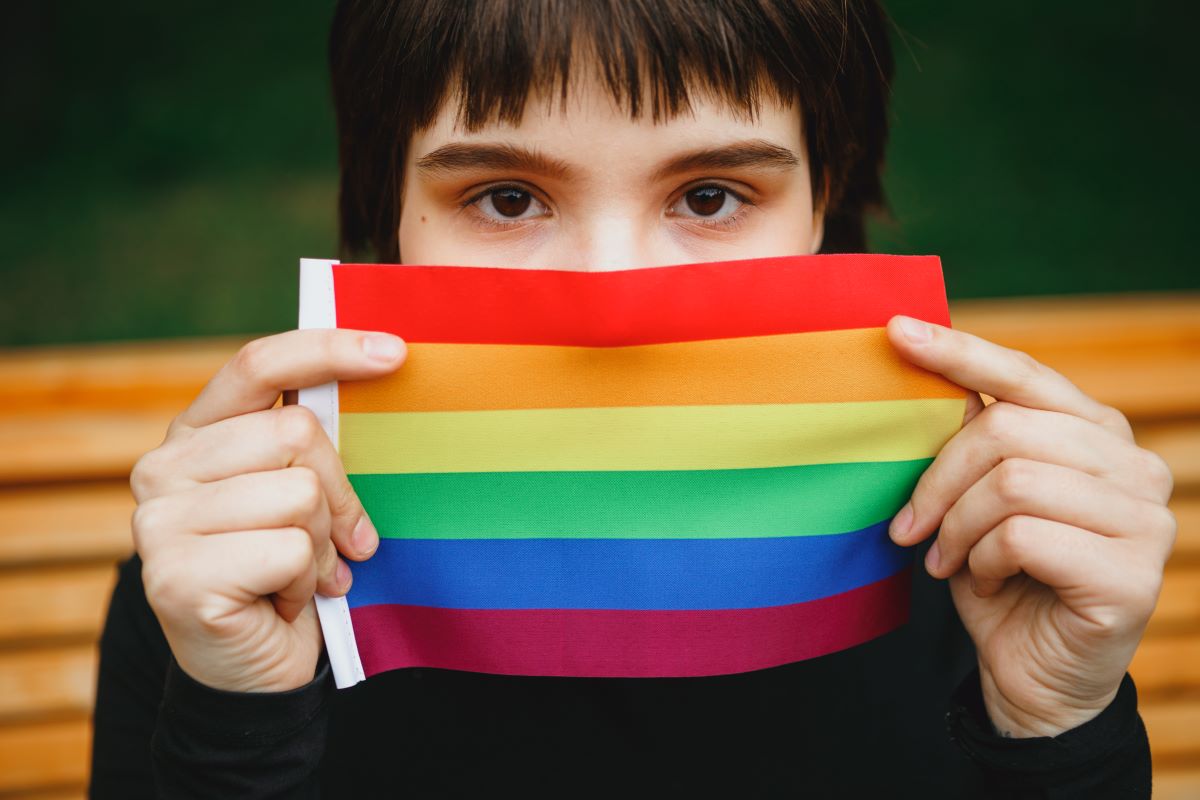In the realm of social justice and equality, transgender issues have taken centre stage, yet they’re often shrouded in misinformation and stereotypes. Let’s debunk some of the most common and dangerous myths about transgender people.
1. “Transgender Is a Mental Illness”

Contrary to outdated beliefs, being transgender is not a mental illness. The American Psychiatric Association and the World Health Organization both advocate for understanding and supporting transgender individuals, not stigmatizing them.
2. “It’s Just a Phase”

Many assert that being transgender is a temporary confusion. However, for most transgender individuals, their gender identity is a core aspect of themselves, not a phase they ‘outgrow’.
3. “Trans People Are Confused About Their Gender”

This myth perpetuates ignorance. Transgender people often have a clear and firm understanding of their gender identity—it’s society’s rigid gender norms that are confusing.
4. “Trans Athletes Have an Unfair Advantage”

Recent studies and sports organizations have found that transgender athletes do not, in fact, have a universal advantage. Policies are evolving to ensure fair competition for all.
5. “Gender Confirmation Surgery Is Regretted by Most”

Data shows that the vast majority of people who undergo gender confirmation surgery report long-term satisfaction and improved mental health, debunking the myth of widespread regret.
6. “Transgender Identity Is a Western Concept”

Transgender and non-binary identities have been recognized and revered in many cultures worldwide, long before the West began addressing gender diversity.
7. “Allowing Trans People in Bathrooms Increases Risks”
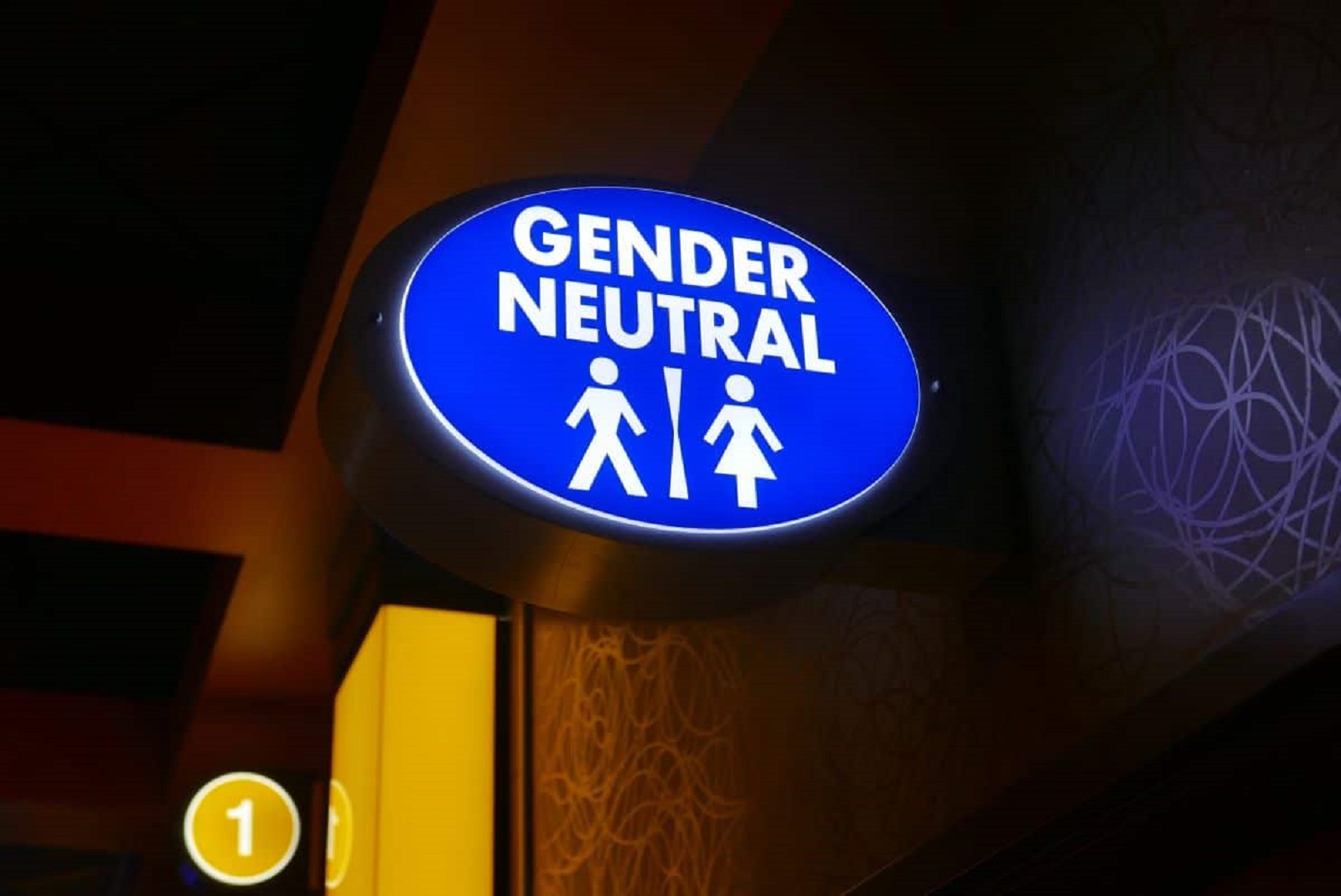
There’s no evidence to support the claim that non-discrimination laws for transgender people endanger anyone in public spaces, including restrooms.
8. “There Are Only Two Genders”
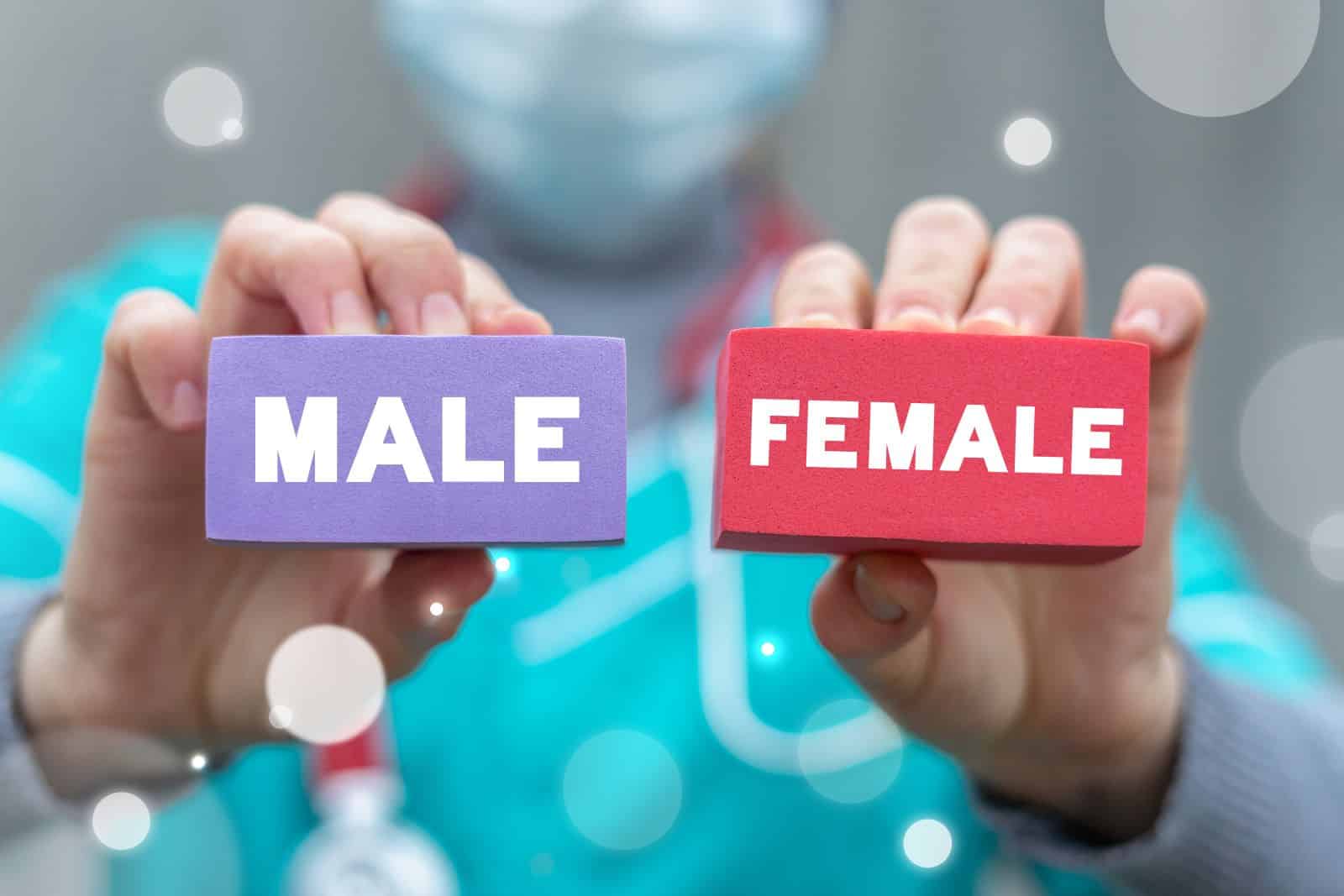
This binary view is culturally limited and ignores the vast spectrum of gender identities that exist across different societies and historical periods.
9. “You Can Always Tell Someone Is Trans”

Many believe they can identify a transgender person based on appearance. This stereotype is not only false but also overlooks the diversity within the trans community.
10. “Transgender People Are Gay”
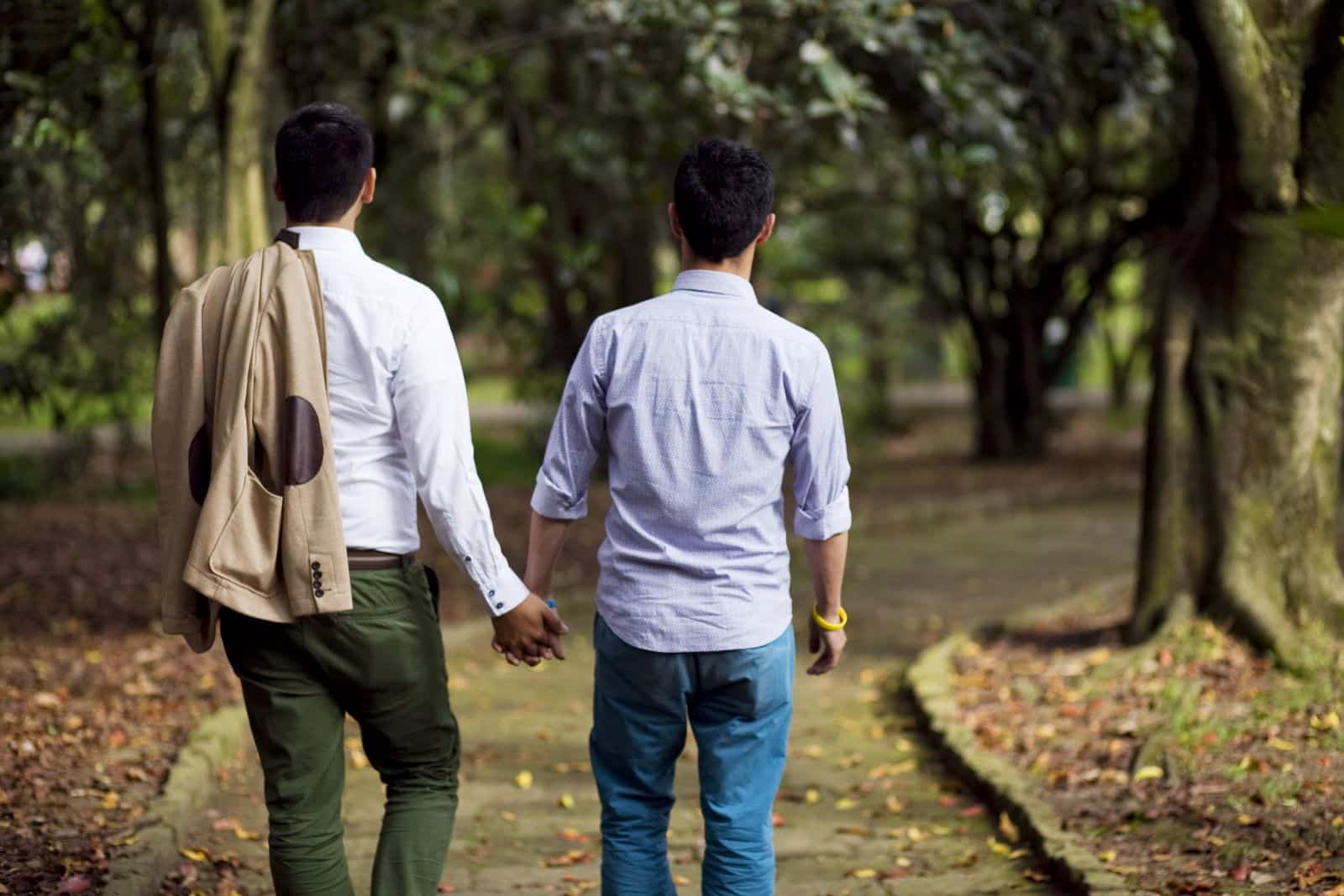
Gender identity is separate from sexual orientation. A transgender person can be straight, gay, bisexual, or any other sexual orientation.
11. “Children Are Too Young to Know Their Gender”

Children often have a strong sense of their gender identity from a young age. Dismissing this can harm their psychological and emotional development.
12. “Trans Rights Infringe on Others’ Rights”

Advocating for transgender rights doesn’t take away from others’ rights; it’s about ensuring equality and protection for everyone.
13. “Trans People Are More Likely to Be Perpetrators of Violence”

Statistically, transgender individuals are more likely to be victims rather than perpetrators of violence, challenging the narrative that they pose a threat to society.
14. “Transitioning Involves Only Surgery”
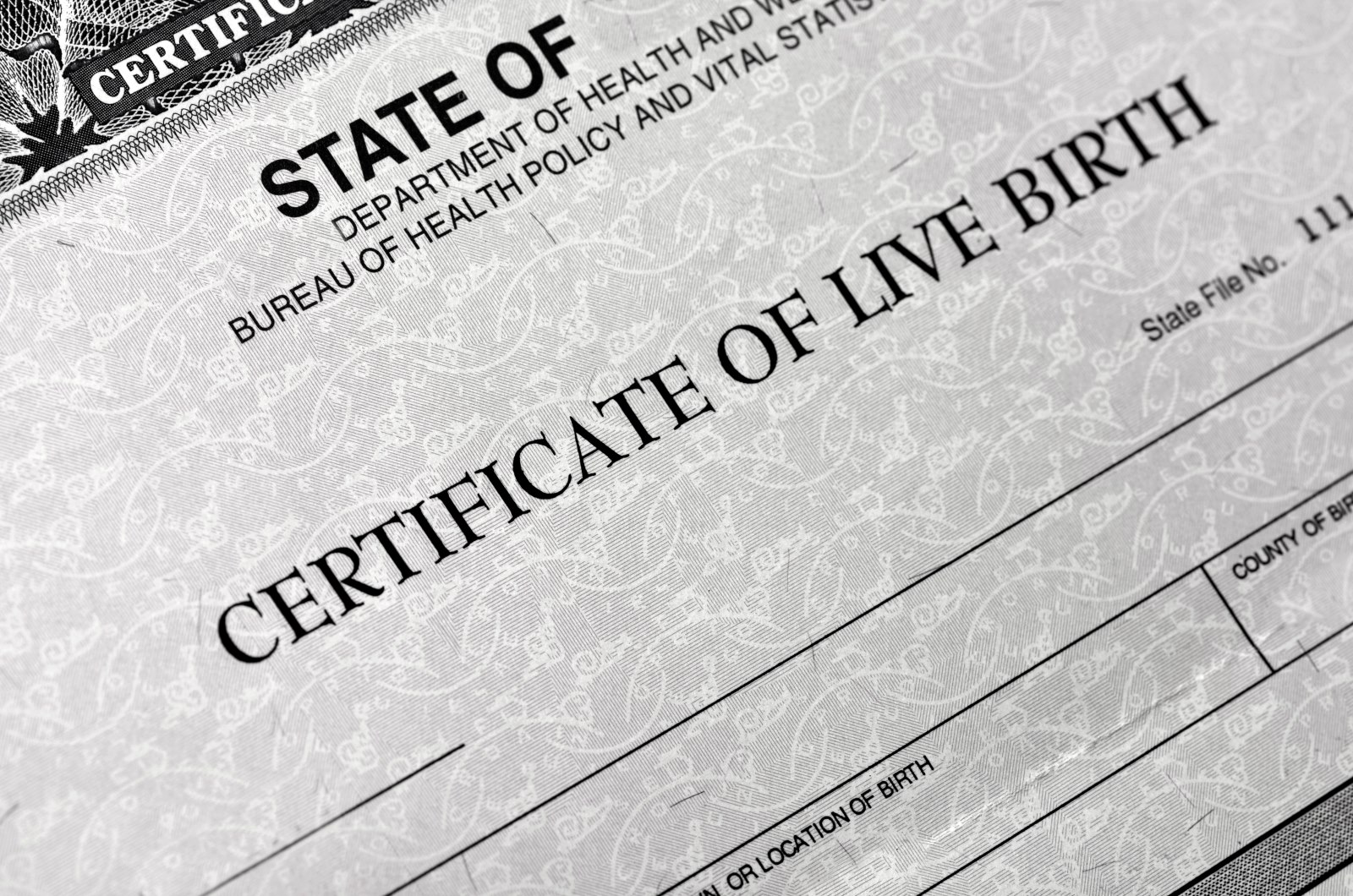
Transitioning can include a range of social, legal, and medical changes, not just surgery. It’s a personalized process that varies greatly among individuals.
15. “Supporting Trans Youth Is Dangerous”

Supporting trans youth in their self-exploration and identity affirmation is linked to significantly better mental health outcomes, contrary to claims of danger.
Beyond the Myths

Dispelling myths about transgender people is not just about correcting falsehoods; it’s about acknowledging and respecting the complexity of human identity. Let’s move beyond stereotypes and embrace the rich tapestry of human diversity with open minds and hearts.
The post Debunking 15 Dangerous Myths About Transgender People first appeared on Lists Lovers.
Featured Image Credit: Shutterstock / Anna55555.
For transparency, this content was partly developed with AI assistance and carefully curated by an experienced editor to be informative and ensure accuracy.

